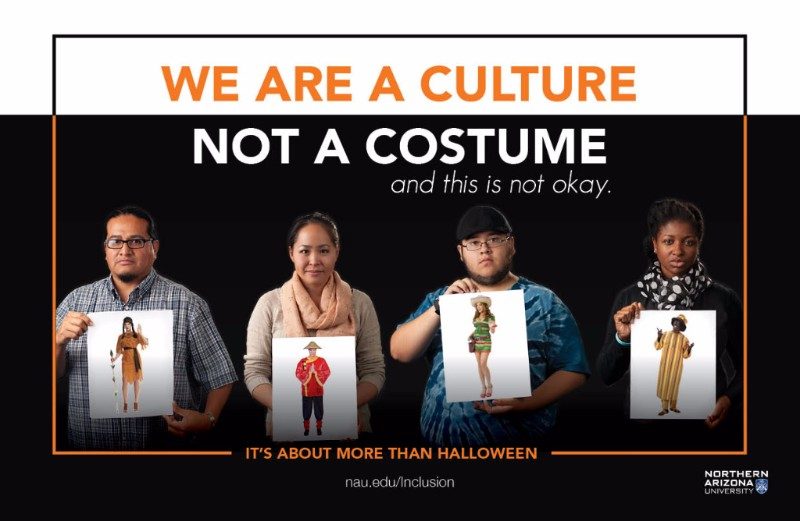By Julia Taliesin
Staff Writer
Last month, London’s first ever 100 percent plastic-free grocery shop opened up in the central borough of Hackney. Stocking more than 300 products ranging from food to natural ingredients for beauty products, Bulk Market goes further than simply banning plastic bags. Most products are sold by weight, so customers bring their own containers to fill, and all products are sourced locally from cooperatives and community farms.
Bulk Market is a temporary “pop-up” shop, but founder and CEO Ingrid Caldironi hopes to raise enough money for a permanent space so they can also have a beehive, compost machine, and hold classes on how to make your own personal products. Positive News quoted Caldironi, saying, “This idea came from my own needs. I wanted to support the right businesses and to shop without creating any waste, but there wasn’t anything like that in London. So, I’ve decided to take the leap.”

This is not the only project to decrease plastic usage and support a sustainable, waste-free lifestyle. Other initiatives taxing, banning or repurposing plastic are happening all over the globe.
In 2002, Ireland was the first country to enforce a plastic bag tax, with the United Kingdom following suit. In Ireland, plastic bag usage has fallen almost 94 percent, closely followed by 85 percent in the UK, according to The New York Times and The Guardian.
In 2016, France became the first country to introduce a comprehensive plastic ban – banning plastic bag use in all markets, as well as plastic plates, cups, and utensils. The law does not go into effect until 2020.
Kenya recently introduced the world’s toughest plastic bag ban. The ban, mostly targeting manufacturers and large stores, punishes offenders with up to four years in jail or a $40,000 fine. Kenya was a large producer of plastic bags, The Guardian reported, and Habib El-Habr, an expert on marine litter working with the UN in Kenya, said, “If we continue like this, by 2050, we will have more plastic in the ocean than fish.”
A few years ago, a Dutch organization announced that they would be repurposing plastic marine litter to build highways in Rotterdam, The Netherlands. The company, Volker Wessels, plans on collecting the plastic from nearby oceans. The plastic will then be processed and compressed into building blocks for roads. Researchers say that this recycled material is durable, easy to manipulate and maintain, and resistant to average temperature variation, according to the Good News Network. The project, PlasticRoad, is in the final testing stages and construction is set to start later this year.














